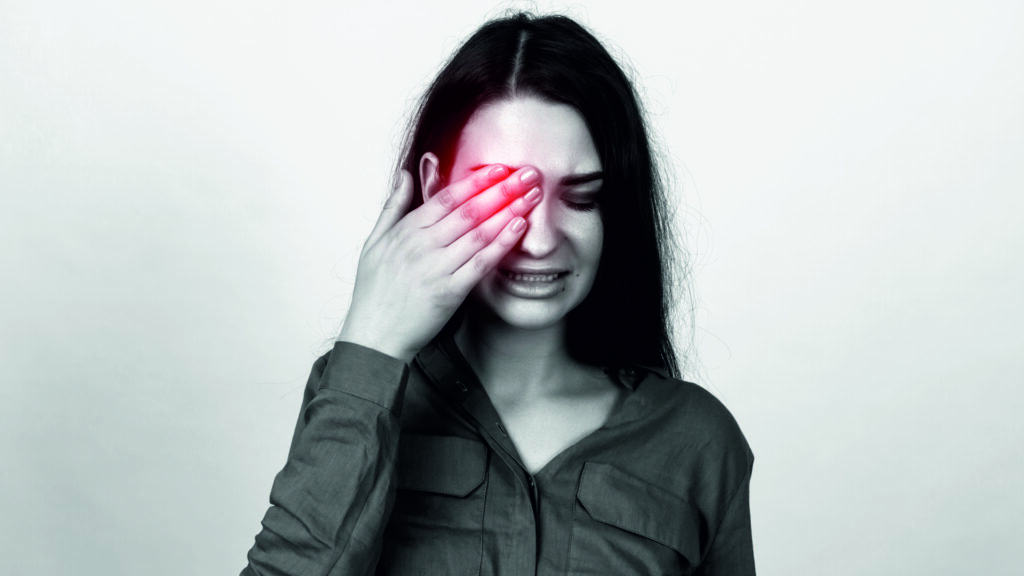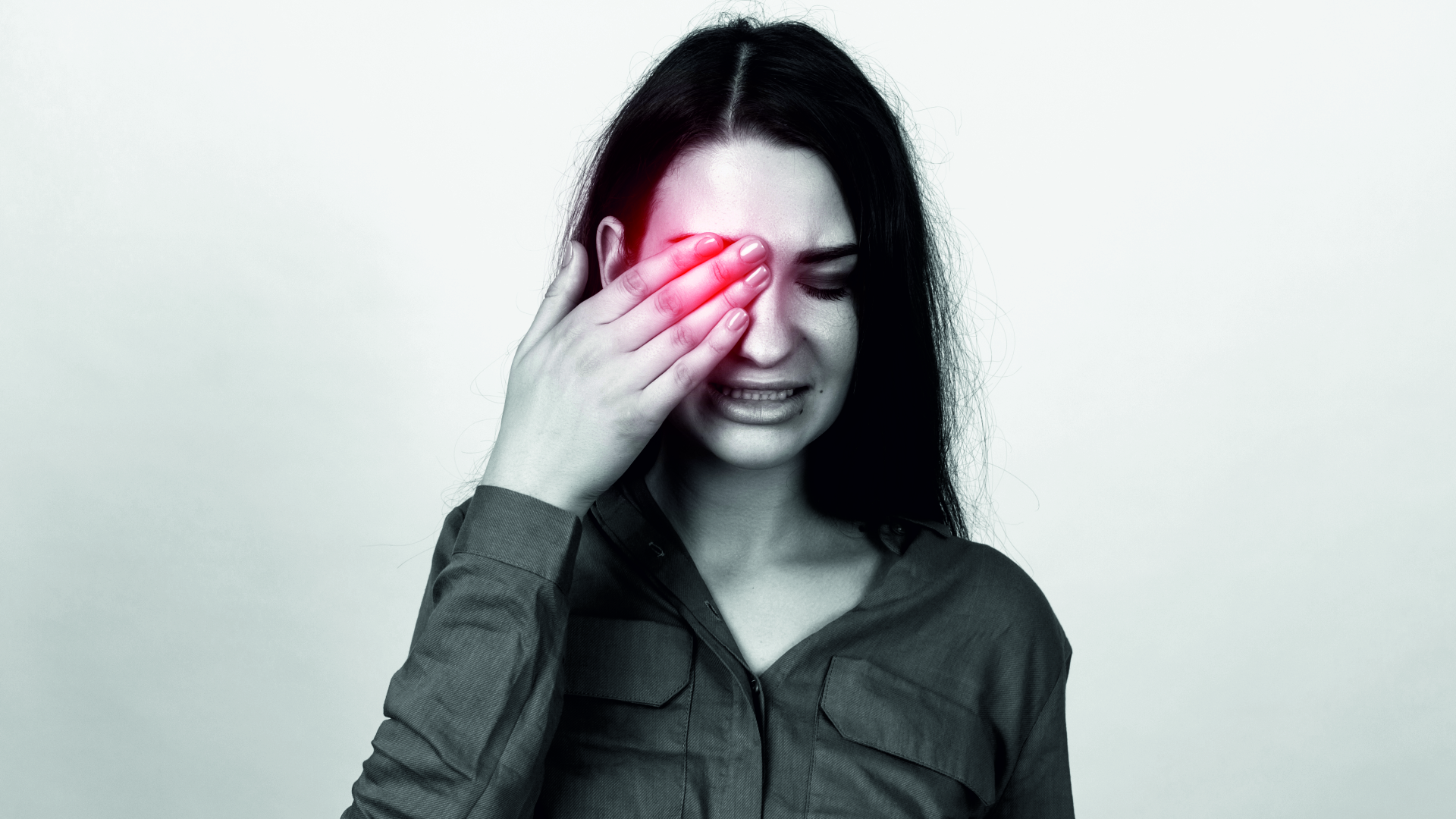
Eye-related problems are prevalent these days. Some eye-related issues are minor and can be treated at home, whereas others take time to cure. In any case, we always suggest expert care. We have listed a few common eye problems which you might experience or hear about.
Most common eye problems
Because of the modern-day lifestyle, you are likely to experience eye-related problems which need immediate attention. Therefore, we have listed common eye-related problems below. If you face any of these conditions, you should take immediate action or consult our experts right away.
Eye strain
Eye strain mainly happens when you work or read for long periods. It can also happen if you drive for a long time without taking any break. Just like any other part of the body, your eyes, too, need rest.
Red eyes
Do you have red eyes frequently? Then, it might be the result of stressing your eyes. It mainly occurs when the blood vessels that cover the eyes get infected or irritated. It is also a symptom of conjunctivitis. Want to know more about Conjunctivitis? Keep reading this blog to know more about it.
Dry eyes
Dry eyes occur when your eyes don’t produce enough tears or your tears dry up quickly. Majorly, elder people face this condition. You can treat Dry eyes at home too. You must clean your eyelids daily and take breaks while working on a computer or reading books. Also, wearing contact lenses for a long time can result in dry eyes. In such cases, it is better to opt for glasses. Or, you could also look for Vision correction procedures.
Conjunctivitis
Conjunctivitis or Pink Eyes occurs because of allergies or any kind of irritation that happens to our eyes. It makes your eyelids enlarge and discharge. You can treat this at home by placing a cool cloth over the affected eye. But, if the condition stays for a long time, you must take expert help.
Here are a few common Eye-disorders
Lazy eyes
It is a condition where the eyes don’t develop properly. As a result, the vision of the affected eye may get compromised. We can treat this with corrective glasses and contact lenses.
Cross eyes
Have you ever noticed that your eyes aren’t lined up correctly when you look at an object? Then, you might have cross-eyes or walleye. We treat Cross eyes with vision therapy.
Colour blindness
Colour blindness is a condition where you can’t distinguish colours. It can affect your day-to-day activities, from choosing a dress to trouble with traffic lights. There is no particular treatment for colour blindness, but there are special lenses and glasses which can ease off the condition to some extent.
There are different types of eye-related diseases and disorders that can cause temporary to permanent vision-related problems. The first step toward maintaining healthy eyesight is to switch to a better lifestyle. You should also consult an eye care specialist once in a while to understand your eye condition better. And if you need an expert in eye care, book an appointment with us.




